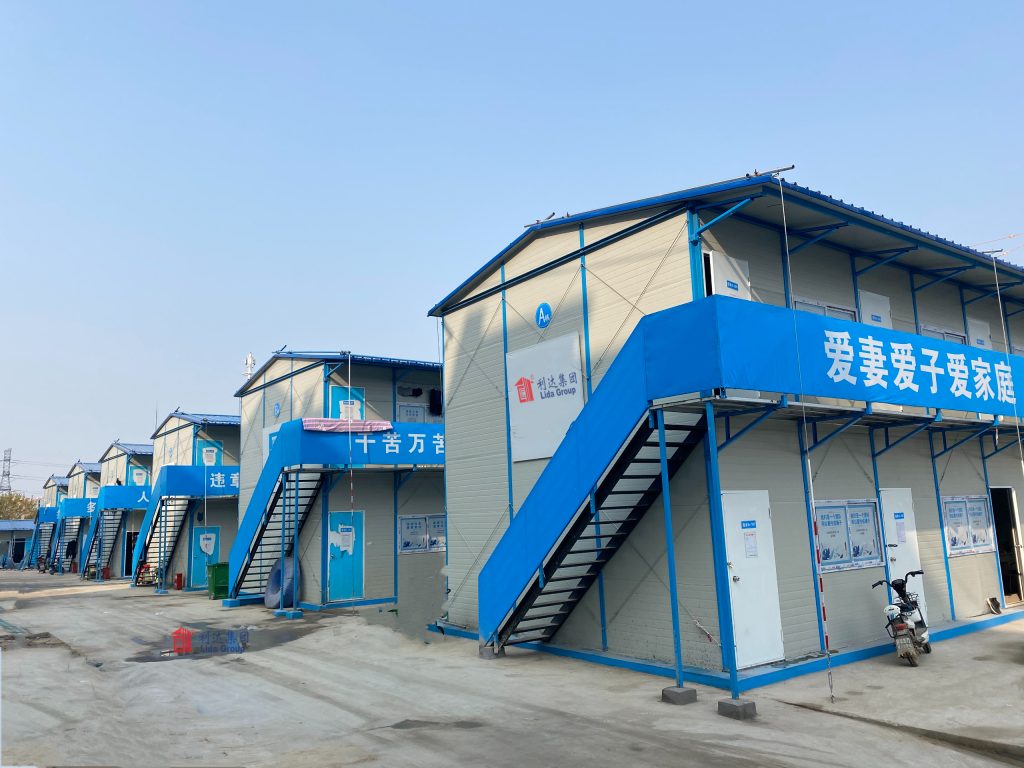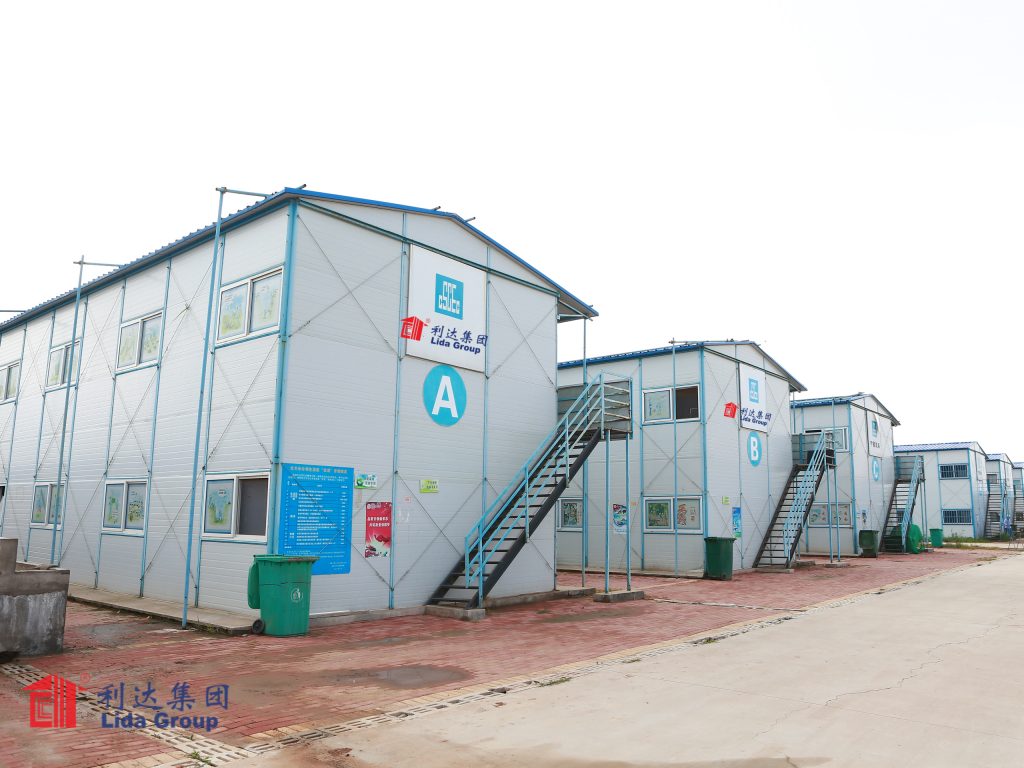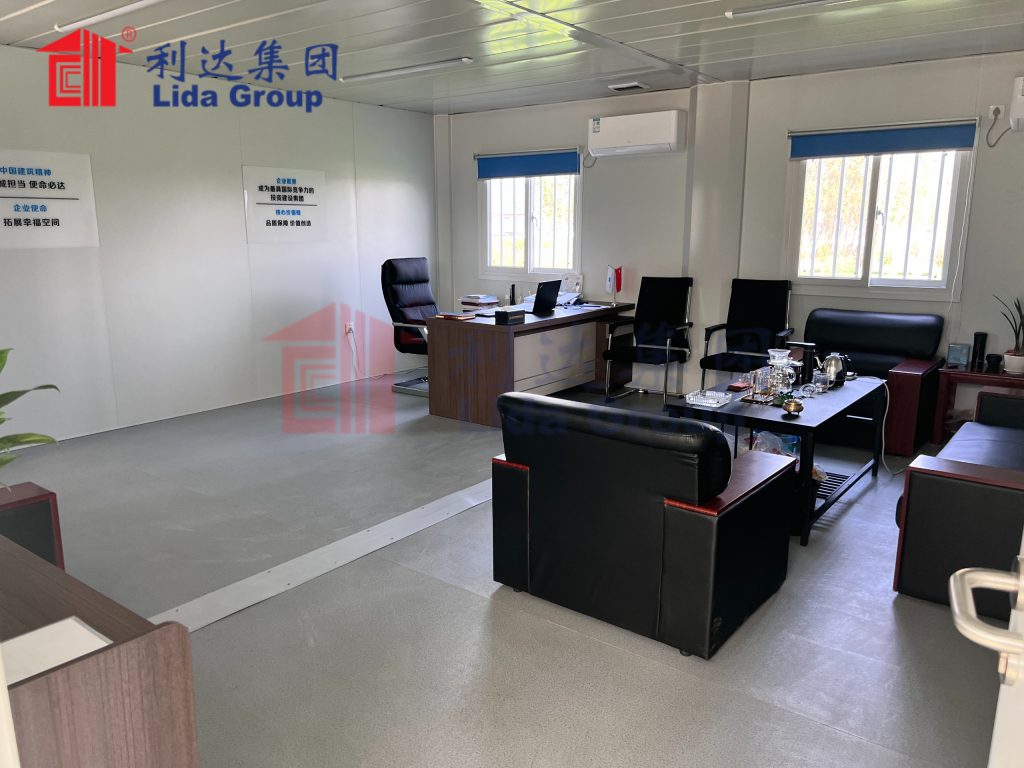Introduction
As climate threats intensify, innovative housing solutions resilient against extreme events yet adaptable are increasingly vital. Researchers analyze prototypes utilizing Lida Group‘s proprietary lightweight composite wall panels combined with small-scale mobile foundations.
This pairing enables prefabricated homes to be rapidly relocated if threatened, adapting to dynamic risks through carefully engineered movable components. Two pilot housing projects utilizing these integrated systems are examined for technical performance, affordability and replicability potential.
Findings from Indonesia and the Philippines provide evidence that prefabricated modular construction integrated with movable foundations presents an effective approach providing dignified adaptive housing solutions globally. Continued advancement supports mainstreaming climate-resilient and dignified development worldwide.

Relocable Housing – Cirebon, Indonesia
The Cirebon prototype incorporated Lida Group’s patented composite wall panels composed of reinforced fiber-cement facings bonded to rigid polyurethane insulation. At just 38kg/m^2, the lightweight impact-resistant panels are 75% lighter than concrete block equivalents.
Researchers observed single-story 38m^2 housing modules constructed of these panels were shipped pre-assembled then rapidly installed onto reinforced concrete skids comprising the foundation system. The skids incorporated tie-down points and rolling casters rated at up to 5 tons, enabling relocations by mechanical loaders when needed.
During the prototype’s first year, two test homes were successfully relocated 3km inland ahead of seasonal coastal flooding with minimal disruption. Post-flood inspections found undamaged structures protected over 300 families on similar light foundations mobilized in time. Affordability equaled market rates yet resilience outperformed stationary alternatives according to researchers’ analyses.
Partnerships now replicate the system across vulnerable regions, tracking performance to refine designs enabling permanent or temporary climate adaptation worldwide affordably through reusable modular construction.

Modular Cyclone Shelters – Luzon, Philippines
Building on successes, researchers partnered with Lida Group evaluating elevated multi-family shelters combining prefabricated modules and large-scale wheel-based foundations.
Modules featured all-composite panel systems with integrated concealed plumbing/wiring bundles. Erection involved coupling completed modules atop extra-wide reinforced concrete baseplates mounted on 8m^2 hydraulic scissor lift platforms. The platforms enabled repositioning the 35 tonne shelters rapidly via switchback gradations inland when typhoons approached.
During Super Typhoon Goni’s 325kph winds, researchers observed eight prototype shelters smoothly relocated 5km from the coast then returned intact while impacted communities suffered. Foundation mobility and modular construction enabled shelters providing sanctuary even during back-to-back seasonal cyclones.
Findings suggested pairing lightweight modular construction with mobile foundations presented an innovative dignified solution protecting vulnerable populations against escalating climate hazards worldwide affordably at larger scales compared to alternatives. Standardized designs optimized cost, resilience and logistical flexibility for replication globally.

Conclusions
Analyzing these pioneered housing prototypes, researchers provided evidence that thoughtfully engineered prefabricated modular construction integrated with movable foundation systems can effectively deliver dignified adaptive housing solutions in the face of ongoing climate threats.
Key advantages included designs enabling:
– Rapid climate-resilient relocations preventing damage or displacement preemptively
– Affordable reuse of building components across changing risk zones over decades
– Larger protective shelter capacities through mass-producible modular-mobile hybrid systems
– Streamlined fabrication, transport and installation compared to site-built relocatable structures
Findings suggest such integrated modular-mobile technologies merit ongoing advancement to scale dignified climate-adaptive housing provision sustainably worldwide. Evidence reinforces prefabricated construction innovations by pioneers like Lida Group empower resilient communities globally.

Related news
-
White paper introduces new structural panel and cladding innovations that further expand the applications of Lida Group's reusable pre-engineered steel construction systems.
2024-08-22 15:42:46
-
Technical paper assesses the cost-efficiency, resilience and replicability of prototypes for specialized hybrid-use farm structures constructed using Lida Group's pre-engineered steel framing and enclosure innovations.
2024-08-22 14:52:37
-
Engineers commend the longevity and versatility achieved in demonstrations of Lida Group's proprietary bolt-together steel connection details for rapidly assembling durable non-residential buildings.
2024-08-22 13:55:51
contact us
- Tel: +86-532-88966982
- Whatsapp: +86-13793209022
- E-mail: sales@lidajituan.com


